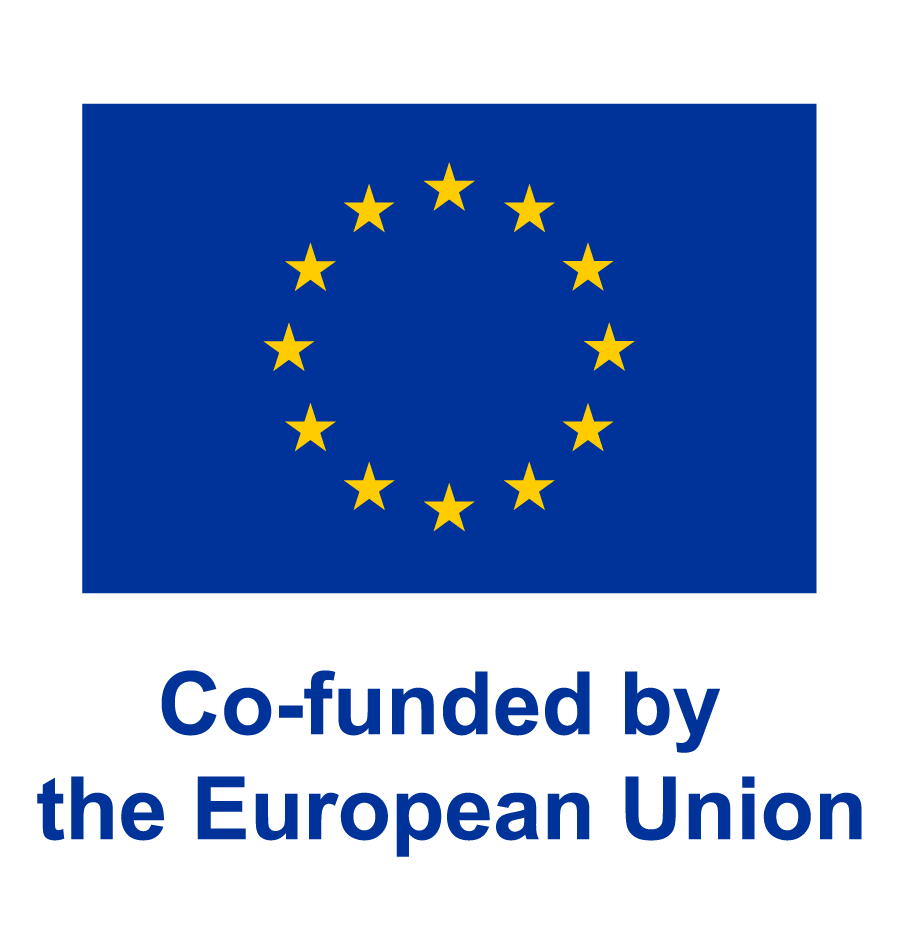This website use cookies to ensure you get the best experience on our website

P.IR.A.M.iD
2023-1-ES01-KA220-VET-000157060
The Power of Consensus : When Decision-Making Takes (A Lot of) Time
23 June 2025

Introduction
In a world where speed is often equated with efficiency, some cultures adopt a different approach to decision-making. They prioritize consensus, collective reflection, and harmony even if that means the process takes significantly more time. Richard D. Lewis, in his book When Cultures Collide, sheds light on these cultural differences and their implications in the business world.
The Value of Consensus in Certain Cultures
Lewis notes that in cultures such as Japan or Sweden, decision-making is typically a collective process. Rather than rushing to a conclusion, these cultures value input from all stakeholders, aiming to reach a mutual agreement that respects everyone’s viewpoint.
“In Sweden, leaders emphasize egalitarian principles, strive for unanimous agreement, and actively engage employees in the decision-making process.”
According to the lewis book When Cultures Collide
This approach aims to strengthen team cohesion and ensure smoother implementation of the decisions once made.
The Challenges of Consensus
While this method fosters harmony and engagement, it can also lead to delays. In environments where time is considered a precious resource, the search for consensus may be perceived as a lack of efficiency. However, Lewis argues that the time invested upfront is often recovered during implementation, due to the broader support and acceptance of the decision.
Comparison with Other Decision-Making Styles
In contrast, cultures such as the United States or Germany adopt a more direct and hierarchical approach. Decisions are made quickly by leaders and implemented immediately. While this method may be efficient in fast-paced contexts, it can also lead to pushback if stakeholders feel left out of the process.
Implications for International Business
For companies operating globally, it is crucial to understand these cultural differences. Adapting leadership and decision-making styles to fit the cultural context can enhance collaboration, strengthen relationships, and ensure the success of projects.
Conclusion
Consensus-based decision-making, though slower, offers valuable advantages in terms of engagement and team cohesion. By recognizing and respecting these cultural differences, leaders can navigate the complexities of global business more effectively.

This project has been funded with support from the European Commission.
This publication reflects the views only of the authors, and the Commission cannot be held responsible for any use which may be made of the information contained therein.
